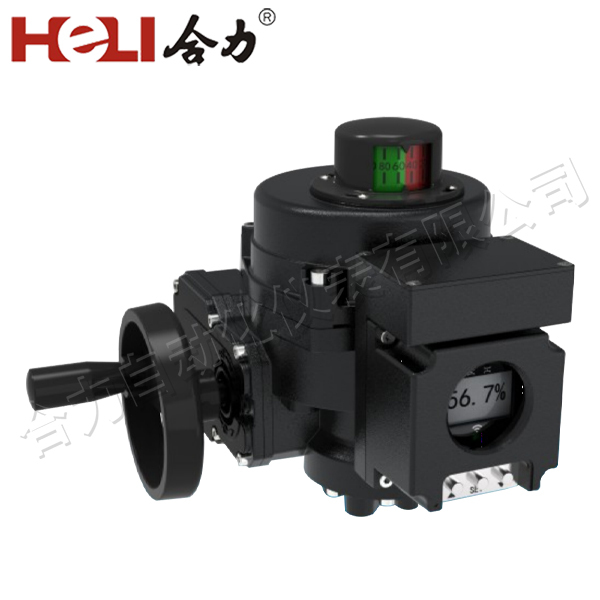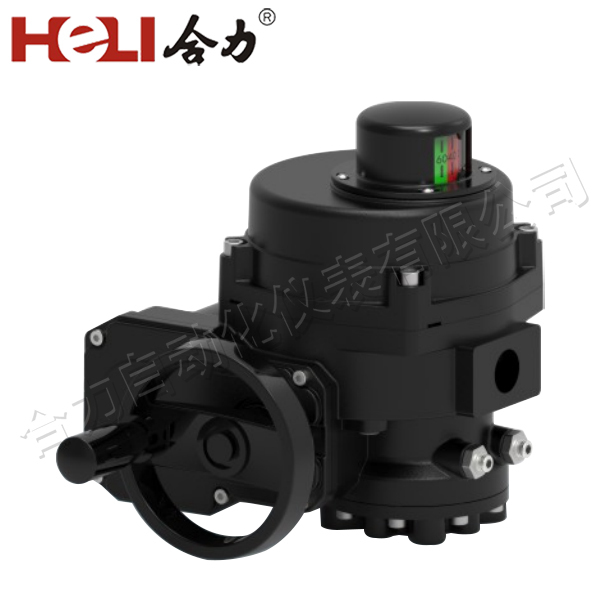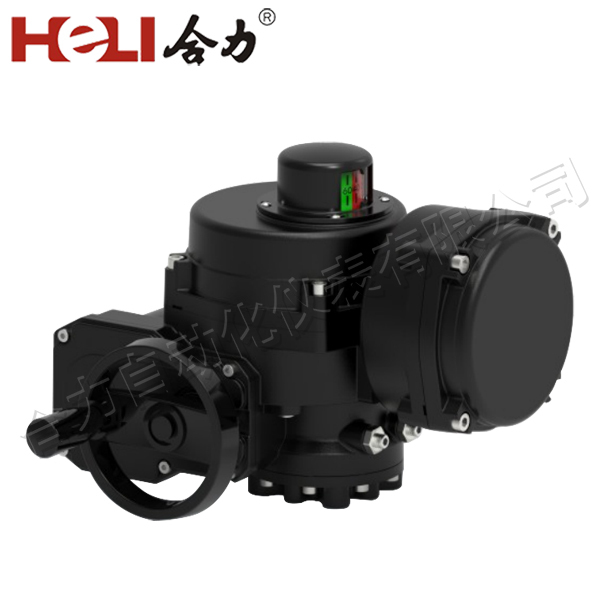Hydrogen energy is rapidly emerging as a promising solution to address the global demand for clean and sustainable power. Among the innovative technologies leveraging hydrogen’s potential is the hydrogen energy electric actuator, a device that converts hydrogen fuel into electrical energy to drive various mechanical systems. This article delves into the principles, applications, advantages, and future prospects of hydrogen energy electric actuators.

At its core, a hydrogen energy electric actuator utilizes hydrogen fuel cells to generate electricity. These fuel cells facilitate an electrochemical reaction between hydrogen and oxygen, producing electricity, water, and heat as byproducts. The generated electricity powers the actuator, which converts electrical energy into mechanical motion, enabling precise control of machines and systems. This process is highly efficient and significantly reduces greenhouse gas emissions compared to traditional fossil fuel-based actuators.

One of the primary applications of hydrogen energy electric actuators is in the automotive sector. With the increasing push for sustainable transportation, manufacturers are exploring hydrogen-powered vehicles that use these actuators for propulsion. Unlike battery electric vehicles, hydrogen-powered vehicles can refuel quickly and travel longer distances, making them a viable alternative for both personal and commercial use. Additionally, hydrogen energy actuators are finding their way into public transportation systems, such as buses and trains, further promoting eco-friendly travel options.

Leave a Reply